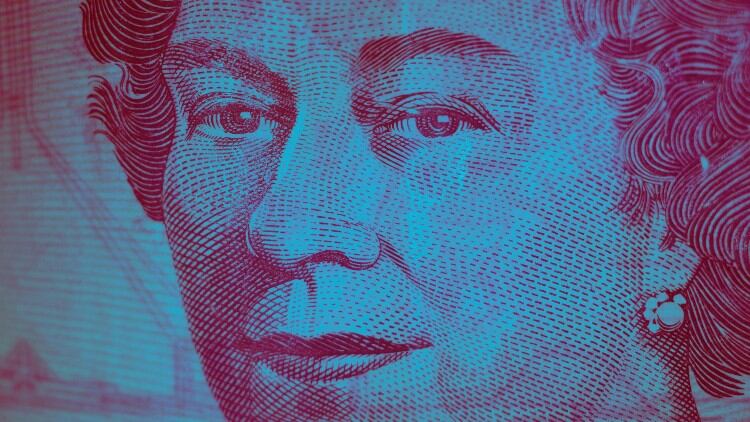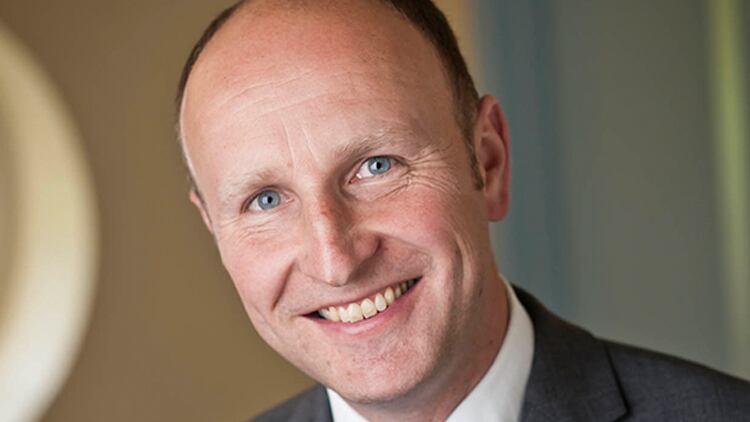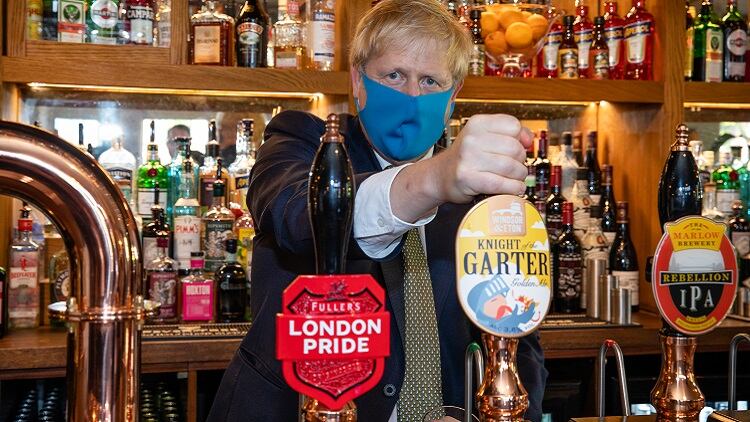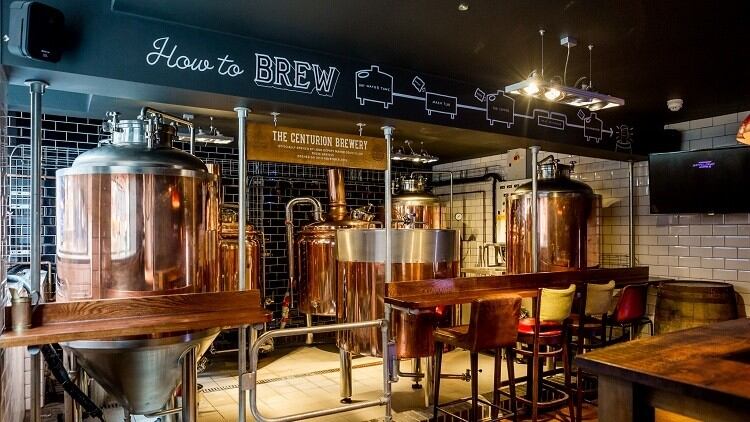Recent analysis by specialist tax relief consultancy Catax found business investment in the hospitality sector fell by more than 6% to £1.26bn in the first quarter of 2020 – down from £1.34bn for the same period in 2019, figures from the Office for National Statistics stated.
This slump is indicative of a wider slowdown in Britain’s economy which shrunk by 10.4% in the three months to April 2020, according to Catax’s findings.
“The hospitality industry has been hammered by coronavirus, and the decline in business investment is a symptom of its dramatic impact on the sector,” Mark Tighe, Catax’s CEO explained. “This will weigh heavily on the ability of hotels and restaurants to get back on their feet.
Speaking on 1 July, Tighe added: “Industry leaders are cautious about the future, even with the appealing prospect of reopening on 4 July and it will be a long time before hotels and restaurants are able to get back on a secure financial footing.
“The Government’s tax relief schemes, which in the past have awarded research and development tax credits to restaurants for projects including developing new menus, remain available and will prove crucial for some businesses as they seek to recover.
“Politicians will need to move fast to restore confidence and give investors the certainty they need to take the bold decisions.”
In the time since Catax’s analysis was released, Chancellor Rishi Sunak has made a number of overtures to the hospitality sector.
His £30bn Summer Statement on 8 July included a cut on VAT for the hospitality sector, a job retention bonus and an Eat Out to Help Out discount, however a large number of the sector’s stakeholder argue that the Chancellor has excluded the likes of wet-led pubs from his relief plan.
When will investment return?
According to chartered accountancy firm Gerald Edelman, there were more than 180 mergers and acquisitions in the UK pub sector during 2018 and 2019 – an unprecedented level of activity which included a £2.7bn deal for Greene King to be taken on by Hong Kong company CK Bidco.
Discussing what a subsequent 6% drop in investment – equating to roughly £800m – could mean for Britain’s pub, bar and restaurant sectors as they seek to bounce back from enforced closure, OakNorth Bank’s senior debt finance director Mohith Sondhi believes that restored consumer confidence will be the trigger for investors to return.
“If people see others regularly go out and socialise again and being very comfortable with that, and then money starting to flow back into the sector and people say ‘we've got over lockdown, we're comfortable with it, it's the new normal’, you'll naturally see investment come back in,” Sondhi tells The Morning Advertiser (MA).
“If the consumer is a bit reluctant and isn't spending what people think they will be spending, people are just going to wait and see for a period of time. Take pubs for example, a number of people aren't opening their pubs until August because they want to wait and see what happens. It takes longer because any smart investor wants to know what trading looks like.
“You've got to be very brave to come in right now and invest,” Sondhi continues. “I'm not saying they're not out there because there are people out there. Hospitality is ingrained in our way of life as well; it plays such a fundamental part of what we do.
“But when will investment come back in? I'd like to think sooner rather than later if I'm honest. I'd like to think you'll see transactions take place from September onwards, but no one knows.”
However, following sourdough pizza and craft beer concept Three Joes’ acquisition of Fuller’s 14-site strong pizza chain, The Stable, on 8 June for an undisclosed sum, Three Joes’ chief executive and co-founder Tim Hall argued that more pandemic mergers and acquisitions could yet be possible if larger companies see subsidiaries as “distractions”.
"As boards of larger businesses start to focus on the reality of reopening huge trading estates, they're more likely to be thinking that smaller subsidiaries are a distraction to them, and therefore they would be likely to divest themselves of them,” he previously told MA.

Debt levels sustainable
Since the beginning of lockdown, Oaknorth has approved approximately £300m in new loans and close to £70m under the Government-backed Coronavirus Business Interruption Loan Scheme (CBILS) – including a recent £2.6m loan to the operator of 180 mainly leased and tenanted pubs, Red Oak Taverns.
However, what longer term impact does Sondhi think this level of borrowing and debt might have on the hospitality sector as it looks to recover from Covid-19?
"From a sensible lender's perspective, you'd only put more debt into a company if you thought it was sustainable and you thought the business was sustainable,” he says. “That's the key bit. You don't put leverage on leverage if you think that business is in trouble because all you're doing is throwing good money after bad.
"It's been a real collective effort between the Government, businesses and banks to work together, get really close, really understand what the business operating model is and how we navigate through this really difficult storm. We will come through it and there are a few green shoots.
"Is that debt sustainable for those businesses, and will they survive with that debt burden? I think yes, they will – touch wood – but management and Government have been very careful about how they provide extra funding.”
On top of lending schemes such as CBILS, figures from real estate advisor Altus Group found that one off cash grants for hospitality venues with a rateable value less than £51,000 have cost the Government £882m thus far.
“Everyone's been very responsible,” Sondhi adds, “management teams have been very responsible with what they want, banks have been responsible with how they're lending, and Government has set up a good framework to allow that to happen.”
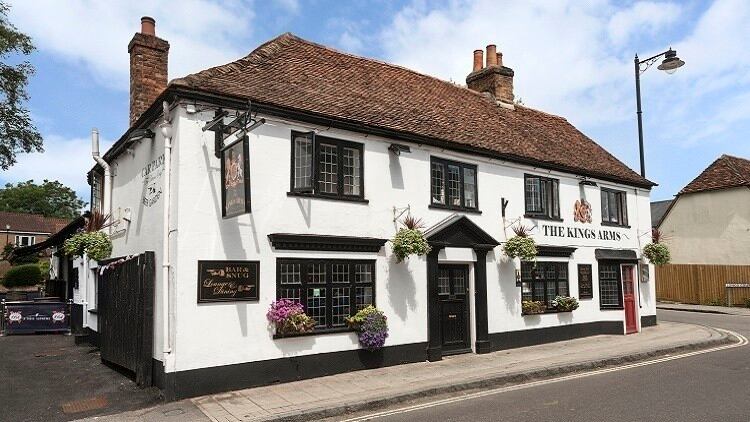
Hospitality more vulnerable
At the beginning of the novel coronavirus pandemic, Sondhi explains that OakNorth developed a Covid Vulnerability Rating framework, which enables the bank to rate each client on a scale of one to five against the much-changed backdrop – with businesses rated one being the least vulnerable and five being the most vulnerable.
With ratings based on factors like liquidity, debt capacity, funding gap, profitability, it allows OakNorth to dynamically assess credit risk criteria in granular detail and on a individual basis rather than drawing sweeping sector conclusions.
However, while Sondhi says the hospitality businesses he’s worked with have been hit harder by the pandemic than those in other sectors, the response from people and teams he’s worked with have been second to none.
"I would say that by sector they've been more vulnerable because they need physical people to make money – you can do delivery or whatever but if you're a bar or pub you need a physical person to come,” he tells MA.
“However, on the flip side I would say the management teams of these businesses, particularly the ones we've backed, have been exceptional in how they've dealt with things, their pro-activity and trying to put plans in place and work with their stakeholders. They've been fully aware of the challenges they faced and have fronted up to them.”

